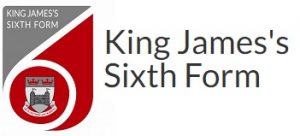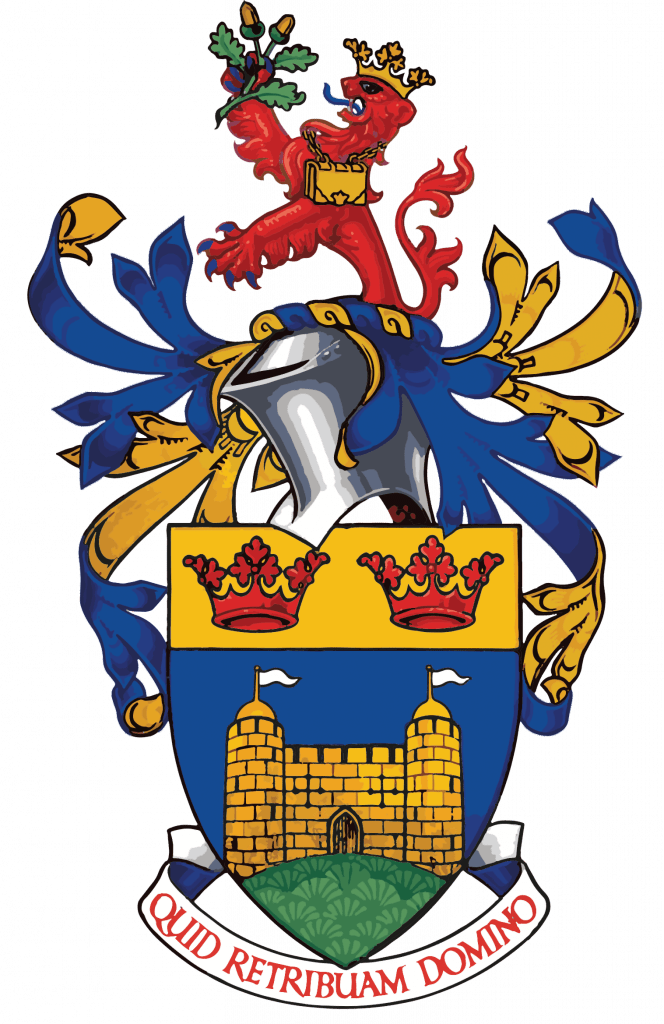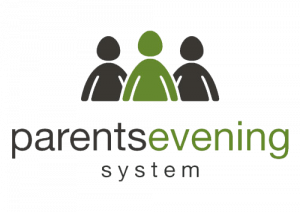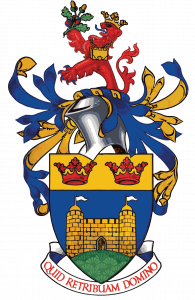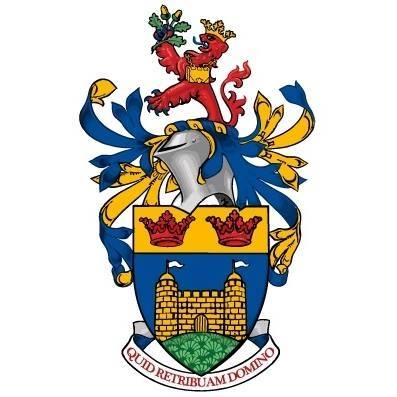Mathematics
Mathematics is not only a beautiful and exciting subject in its own right, but underpins many other branches of learning. Mathematics is needed by a wide range of students, from those intending to read the subject at university to those needing particular techniques to support other subjects or chosen careers. The overriding aim of the teachers is to develop students’ understanding of mathematics and mathematical processes in a way that promotes confidence and fosters enjoyment. A Level Mathematics is a very challenging and satisfying course where a willingness to attempt problems with enthusiasm leads to a better understanding of topics.
Topics studied in Year 12 and Year 13 come from three branches of Mathematics; Pure Mathematics, Statistics and Mechanics.
Year 13 extends the work covered during Year 12 as well as introducing new topics.
The Pure Mathematics topics start to develop the basic techniques and language of algebra that the study of Advanced Mathematics requires. Topics such as algebra, coordinate geometry, sequences and trigonometry follow smoothly on from the GCSE Mathematics course, whilst new topics such as logarithms and calculus are introduced.
Statistics develops ideas in analysing and presenting data that were studied at GCSE. The study of Probability formalises a lot of the processes studied at GCSE and extends them into study of the binomial distribution and hypothesis testing.
Mechanics builds on the kinematics studied in the Higher GCSE course and introduce the use of Newton’s Laws of Motion.
Year 13
Pure Mathematics continues to develop the skills needed for the study of the numerate disciplines at university. Numerical Methods are introduced as an approach to mathematical problems which cannot be solved analytically.
Students’ Statistics knowledge and understanding is broadened further with an introduction to correlation coefficients and normal distribution. In mechanics they will learn to resolve forces to help them to solve problems using Newton’s laws of motion.
To get started
Students intending to study A Level Mathematics must have studied GCSE at Higher Tier and achieved a grade 6 and above.
The A Level Mathematics course is demanding and requires excellent algebraic skills from the outset. Pupils achieving a grade 6 or above should be willing to undertake substantial independent study over the summer to hone these skills before commencing the course.
Exams and Assessment Information
AQA – 7357
The A Level is examined after two years.
Paper 1 : Pure Maths
Paper 2 : Section A Pure Maths, Section B Mechanics
Paper 3 : Section A Pure Maths, Section B Statistics
All A Level examinations are 2 hours long.
An advanced scientific calculator is required for all examinations.
What Next?
A Level Mathematics provides excellent support for a wide variety of higher education courses including engineering, chemistry, medicine, business studies, law and accountancy. Whilst a very stimulating subject to study in its own right, it can also open the door to many employment opportunities.
